Did you know Chihuahuas are one of the longest-living dog breeds, often reaching 20 years or more? With such a long lifespan, it’s super important to understand the behavioral changes that can pop up as they get older.
Just like us, our tiny best friends go through physical and mental shifts as they age, which can affect their day-to-day life and how they interact with the world.
From feeling a bit more worried to having different sleep habits, recognizing these changes is the first step to making sure their golden years are as happy and comfortable as possible.
Increased Anxiety in Aging Chihuahuas
As your Chihuahua becomes a senior, they might get a little more anxious. This can be due to a fuzzy memory, not seeing or hearing as well, or just general aches and pains.
You might notice they’re more easily annoyed, jumpy, or even act out destructively. To help, try creating a calm and predictable routine.
If their anxiety seems high, a chat with your vet can help you come up with a plan, which might even include anti-anxiety medication to help them feel more like themselves.
Changes in Sleep Patterns Among Older Chihuahuas
You might find your older Chihuahua’s sleep schedule gets a bit mixed up. They could be restless at night, pace around, or sleep much more during the day. This is often linked to cognitive changes or discomfort.
To help them get better rest, stick to a consistent daily routine and make sure they have a cozy, quiet spot to snooze. A comfy orthopedic bed can work wonders for sore joints. If sleep troubles continue, your vet can suggest solutions.
Sundowning
Elderly dogs, and people, too, actually, can develop a behavior called sundowning. This is often a behavior associated with dementia. It’s called sundowning because you will usually notice it in the late afternoon and at night.
The symptoms of sundowning are:
- Whining
- Pacing back and forth
- Aggression
- Confusion
- Restlessness
- Disorientation
- Staring blankly
If you notice your dog behaving this way, get them checked by your vet. He or she may be able to help with medication for this.
Decreased Activity Levels in Senior Chihuahuas
It’s completely normal for your senior Chi to slow down. Arthritis and other age-related issues can mean they have less energy and can’t do the things they used to. Keep them moving with gentle activities, like shorter walks.
The goal is to maintain their muscle without overdoing it. If they seem stiff, your vet can talk about pain management to keep them comfortable.
Cognitive Decline in Older Chihuahuas
Sometimes, an aging brain can lead to confusion or disorientation in senior dogs. They might seem restless, get easily upset, or vocalize more.
The best way to help is by keeping a steady routine. You can also keep their mind sharp with fun, easy puzzle toys, and your vet might recommend supplements or medications to support their brain health.
Sensory Decline and Impacts
It’s common for older Chihuahuas to experience some vision or hearing loss. This can make them less responsive and more easily startled. You can adapt by using clear hand signals if their hearing is going, or using your voice to guide them if their sight is dim.
To make your home safer, try not to leave things lying on the floor or move furniture around too much, and use a night light to help them find their way in the dark.
Inappropriate Elimination
If your house-trained Chi suddenly has accidents, it’s likely not their fault. Cognitive decline or trouble moving can lead to incontinence.
The first step is always a vet check to rule out any medical issues. From there, more frequent bathroom breaks and a little patience can go a long way. Sometimes, medication can also help manage this..
Weight and Muscle Changes
Your Chihuahua’s metabolism slows down with age, which can lead to weight gain or loss of muscle tone. Some elderly dogs will lose weight.
Keep an eye on their weight and adjust their food as needed. Gentle exercise is still important to keep their muscles strong, and your vet can advise on the best diet or supplements for this stage of life.
Aggression and Fear
It can be surprising if your easy-going Chi suddenly seems fearful or grumpy. This is often caused by pain, not being able to see or hear well, or cognitive decline. Working with a professional can help you figure out the triggers. Using positive, reward-based training can help rebuild their confidence and make them feel secure again.
Supporting Your Senior Chihuahua Through Age-Related Changes
Helping your Chihuahua through their senior years takes patience and lots of love. By spotting the signs of change early, you can make little adjustments to keep them happy and comfortable.
The best approach is a team effort with your vet, a safe and predictable home, and a steady routine. Remember, every dog ages in their own way, so the most important thing is tailoring your care to support your beloved fur baby through their golden years.
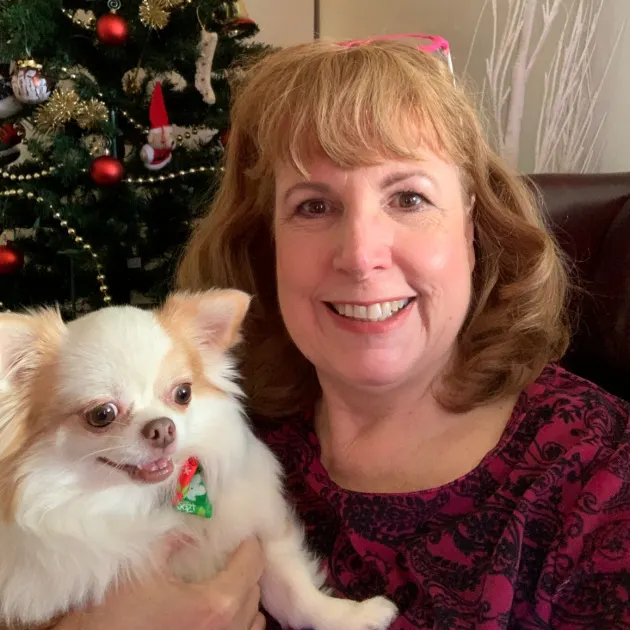
Cathy Bendzunas
Pet Blogger

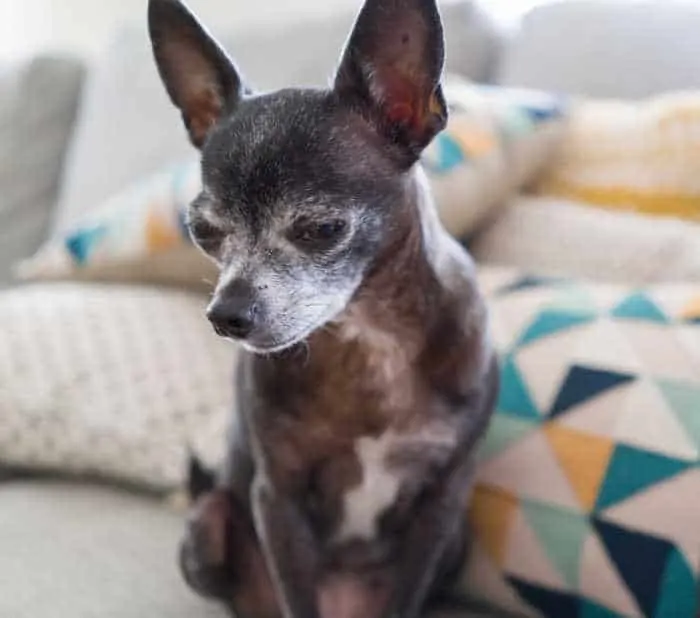
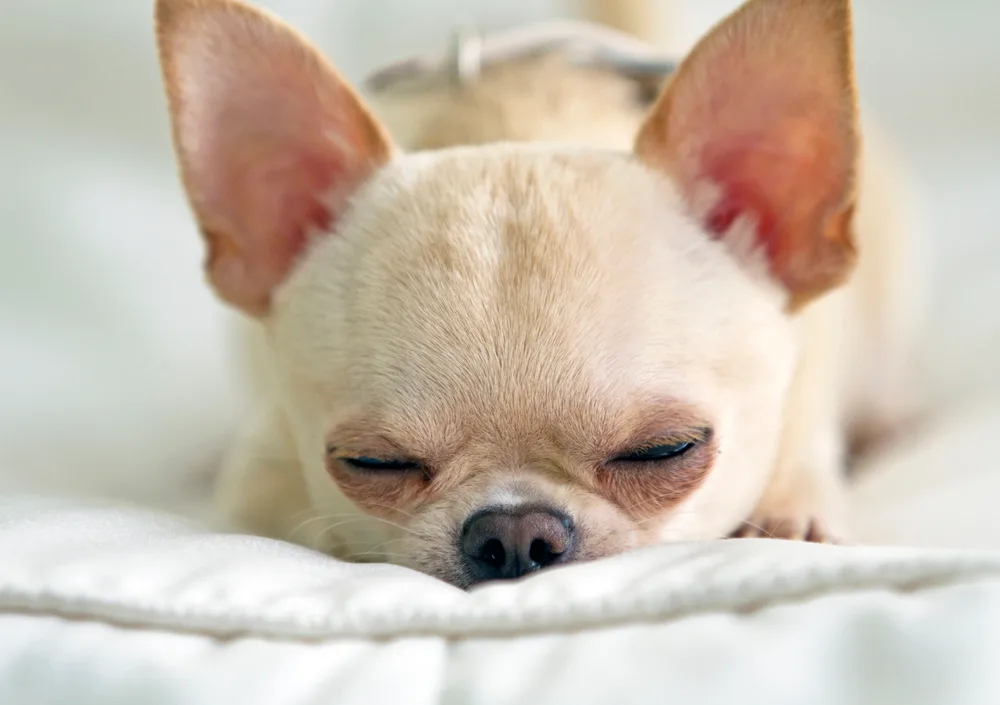
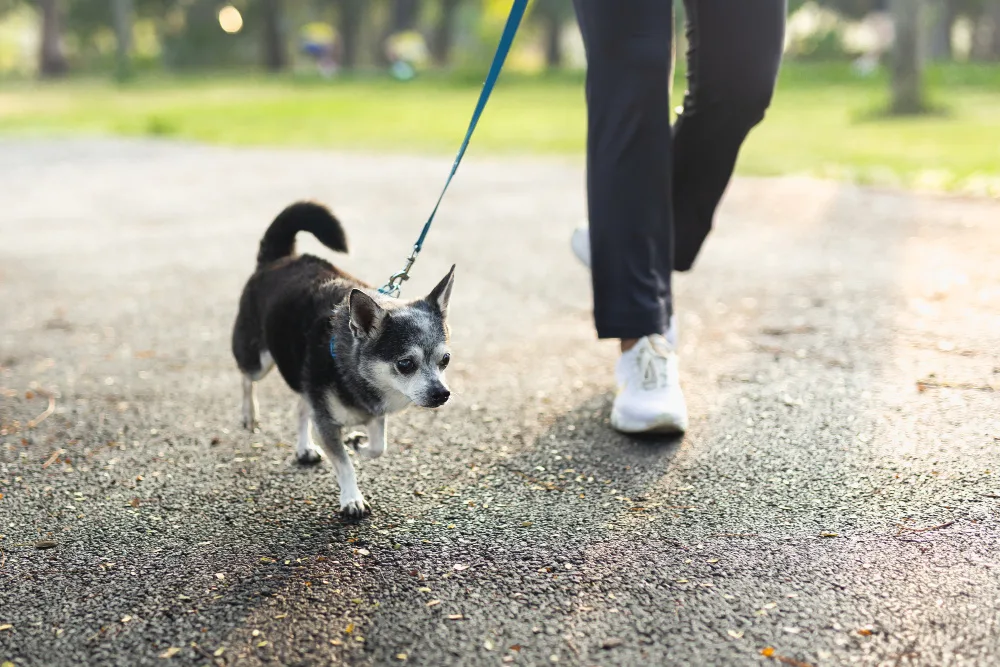
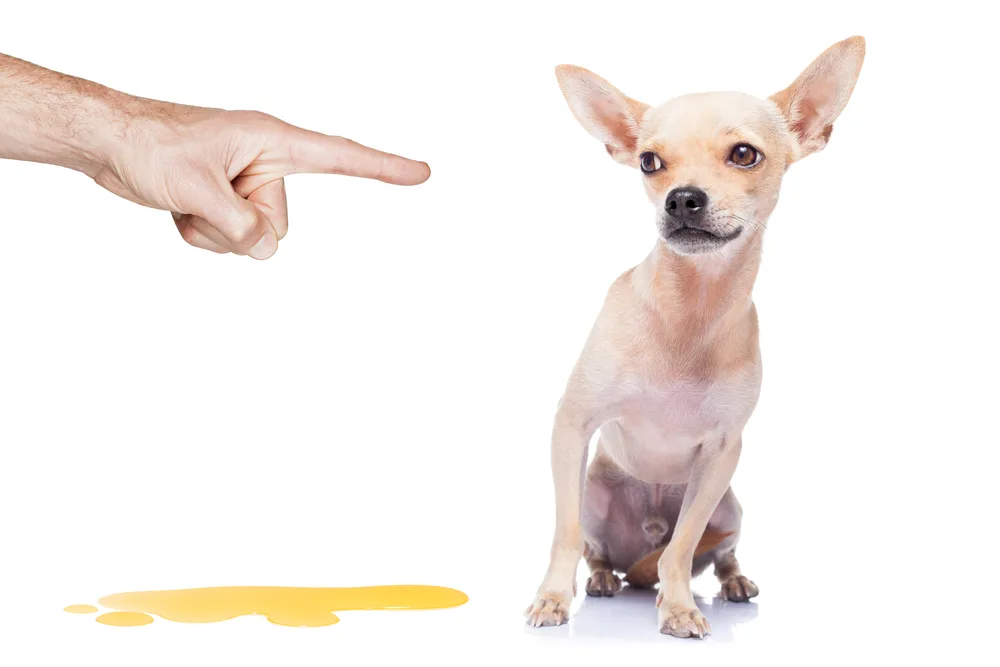
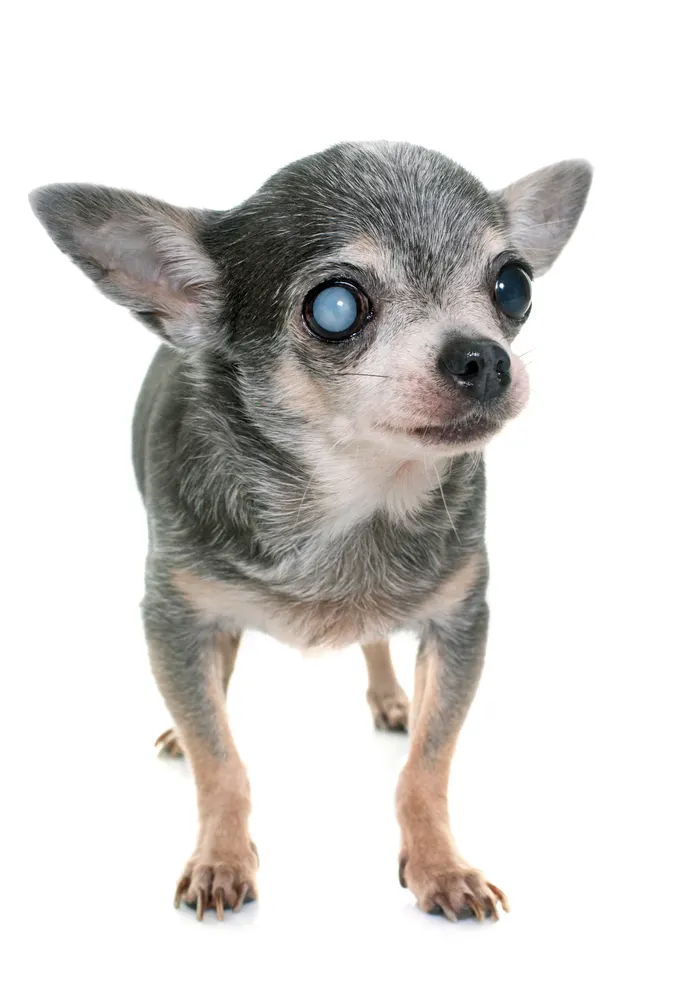


Vera
Saturday 15th of November 2025
My Chewie will be 11 y.o. next week and Yoda turns 12 next month! Thankfully the only issue is Chewie's eyesight, which hasn't been great his whole life, but has gotten worse with age (he can't see at all in the dark now). It's so hard watching them get old!
Cathy Bendzunas
Saturday 15th of November 2025
Lucas is 10 now and still acts like a puppy. He loves to play. But he does have diabetes and is blind because of it. I wish they couls stay with us forever (as long as they were healthy, of course). It is so hard to see them age and know they won't be with you forever.